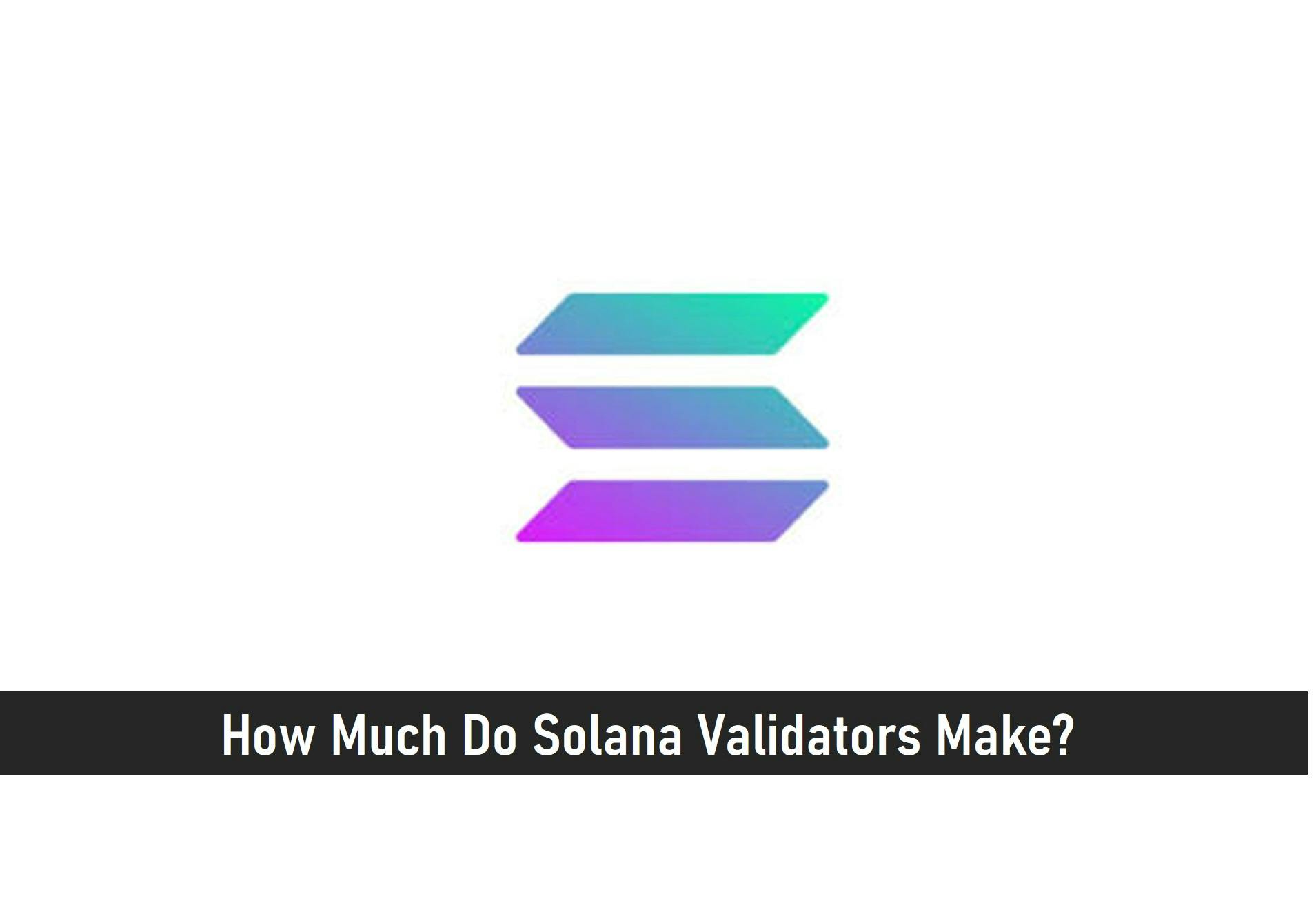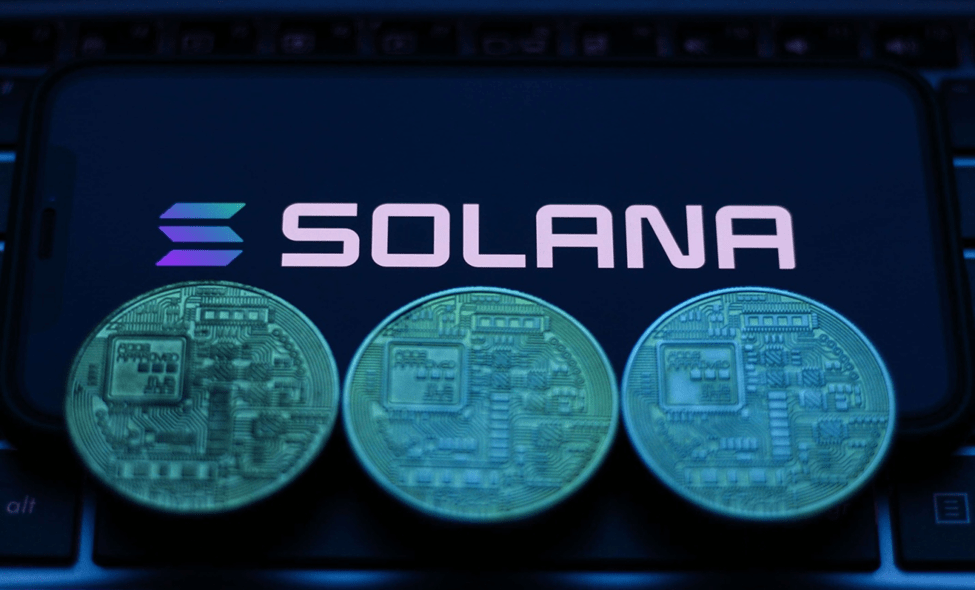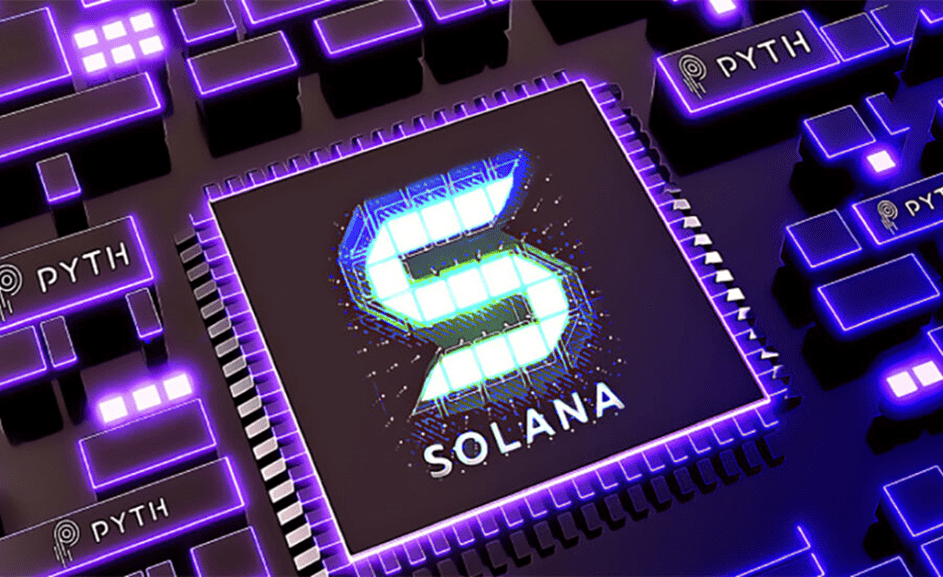
What is Solana?
Solana is one of the most popular cryptocurrencies, with over 10,000 SOL presently in existence. The cryptocurrency project is known as Solana, and the individual unit is known as an SOL.
Solana works on a decentralized computer network based on the blockchain ledger. This blockchain database controls and monitors the crypto, effectively recording every transaction.
Solana uses a combination of Proof-of-Stake (PoS) and Proof-of-History (PoH) consensus mechanisms to improve throughput and scalability. The project team claims that the network supports 50,000 transactions per second (TPS), making it the fastest blockchain globally.
The computer network records the cash transactions and validates the integrity of the data. Individuals participate as validators nodes with specific node requirements.
Solana also plays its part efficiently by making sure the network is well secured and allowing investors to carry out transactions directly without the need for a third party.
Key Takeaways
• Chorus has established itself as the leading validation network on the Solana blockchain making about $18 million in profits each year.
• Solana is the world’s fastest blockchain recording about 65k transaction per second which make the network scalable owning to its PoS consensus mechanism.
• Solana validators are required to pay a fee before being allowed to vote. Such fees are usually around 3 SOL, which they pay between 2–3 days a week, amounting to $150 a day.
• Validators can also make 320 SOL per annum given an 8% commission and 200 SOL per annum given a 5% commission.
SEE ALSO: How to Qualify for a Solana Airdrop
SEE ALSO: 7 Best Exchanges that Supports Solana
How Much Do Solana Validators Make?
When it comes to voting, Solana validators are required to pay a fee before being allowed to vote. Such fees are usually around 3 SOL, which they pay between 2–3 days a week, amounting to $150 a day.

With over a thousand Solana validators in operation at the moment, incomes vary greatly, with many validators losing money while others generate millions of dollars per year.
A Breakdown of the Earning Capacity of Solana Validators

In exchange, a validator can earn money in two ways:
1. They can earn money by levying a commission on the profits earned by the stakes they hold.
2. They can also earn money by charging a lower fee, which is usually quite small unless the validator owns a large stake for votes filed as “leader”.
SEE ALSO: How to Delegate Solana on Ledger with SolFlare
SEE ALSO: What are Solana Validator Node Requirements?
Commissions can be put forth by the validator, and for public validators, they vary from 0% to 10%. For instance, about 8% of rewards come from the Solana network annually.
If a validator has 50,000 SOL delegated to it throughout the network, it will yield about 4,000 SOL in rewards per annum for its stakeholders.
Bear in mind that rewards are given at the end of every epoch, and there are about 134 epochs per annum.
Validators have the potential to make 400 SOL per annum at a rate of 10% commission, although the fee charged by them goes a long way towards determining if they make that or not.
Validators can also make 320 SOL per annum given an 8% commission and 200 SOL per annum given a 5% commission.
During this same period, however, validators are required to pay the network 402 SOL to be able to vote.
This means that any validator with less than 50,000 in stake from other parties is losing money and is likely trying to increase their delegated stake before it becomes unsustainable.
There are now 132 validators on the network that are making losses out of a total of 1,002 validators.
Of course, this computation does not take into consideration the validator’s staked amount, as they will receive 100% of the rewards.
Although 50,000 SOL is the benchmark for breaking even when a validator charges a 10% commission, they are only required to stake an amount of about 5,000 SOL on their network to achieve that.
Given the existing rates, that is about $1,135,864.93 in SOL, which is quite a huge amount of money for most people willing to invest.
SEE ALSO: How to Become a Profitable Solana Validator
SEE ALSO: 6 Best Places to Stake Solana
Moving Forward
Instead of this, most validators usually tend to promote their validators just like start-ups usually do.
They can develop a successful business if they can put in the effort to draw interest to their validator, but they must be willing to spend SOL in the near term until their stake increases to a sustainable level.
On the other hand, the validators at the top of the list make a ton of money. Chorus is the leading validation network in terms of stake amount, with around 15 million Sol put into its validator and an 8% fee.
Based on that figure, it is possible to estimate that they generate a profit of $18 million per year, albeit this likely ignore the expenses of their hosting infrastructure, development operations people, and other scale-related expenditures.
Solana’s Price Today
[mcrypto id=”8265″]
SOL value and the quantity staked on the network have been very small throughout most of the year.
Final Thoughts
This article provides an in-depth analysis of how much Solana validators make and how much they pay as commission. To know more about Solana, check out our series of articles on everything Solana.
Read More




